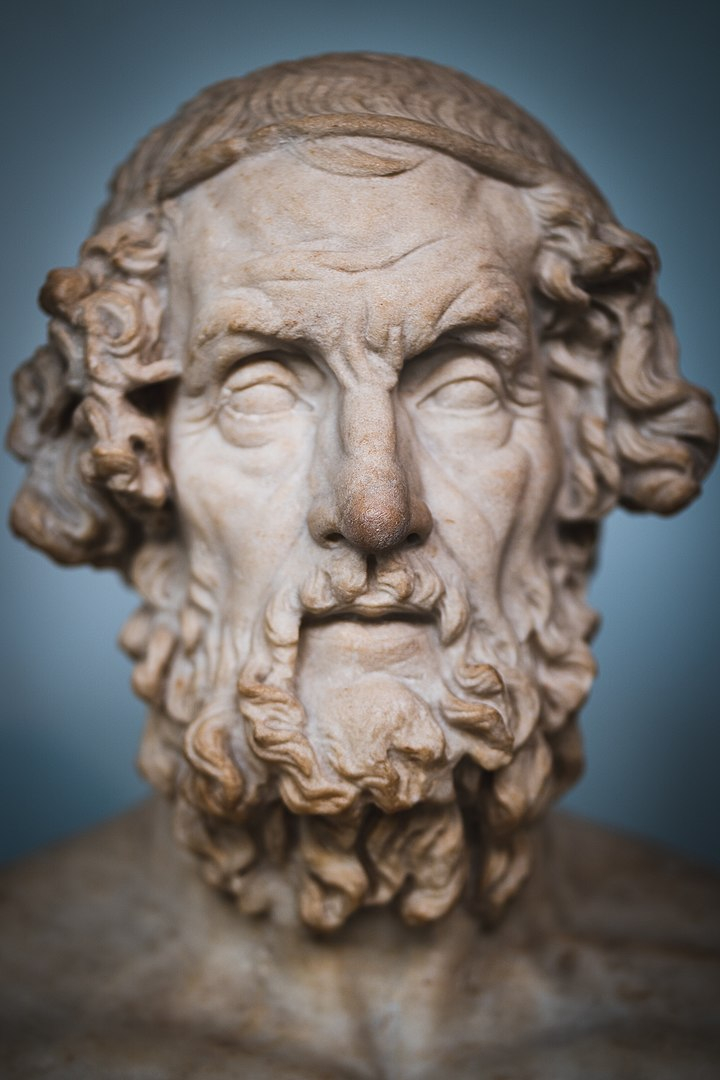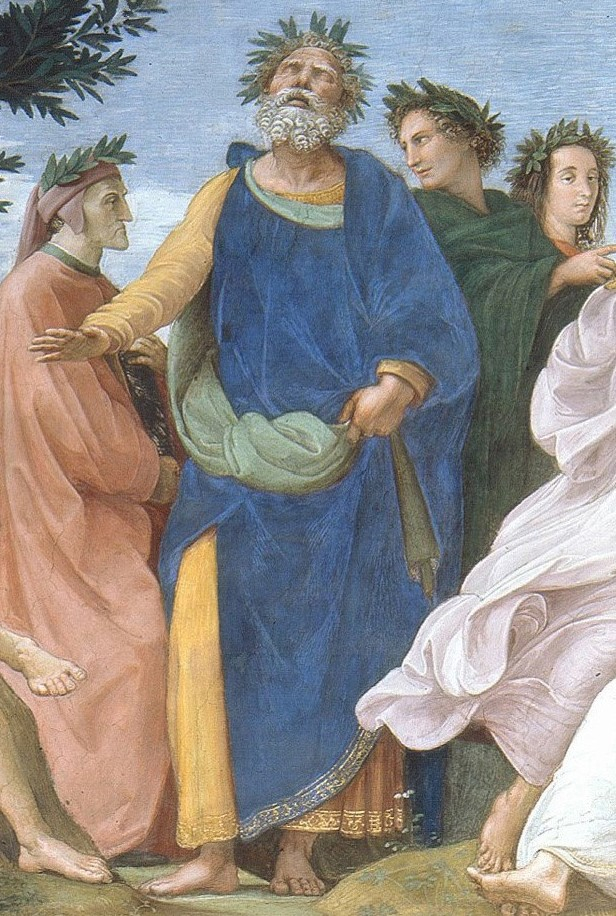Homer's lifetime is commonly regarded as the beginning of classical antiquity
It is a fact that Homer's lifetime is commonly regarded as the beginning of classical antiquity. Homer is the mythological author who is credited with writing the Iliad and the Odyssey (the two epic poems that constitute the cornerstone works of ancient Greek literature). He is often considered one of history's finest and most important authors. The Iliad and Odyssey are the first works of Greek literature that have survived to the current day, and they are considered to be among the greatest treasures of the ancient world. They originated in the Mycenaean civilization. The Iliad recounts the Trojan War, which occurred around 1190 BC. Homer's texts were most likely composed much later, after 800 BC.
Classical antiquity is traditionally defined as beginning with Homer's Epic Greek poetry (8th-7th century BC) and continuing until the birth of Christianity (1st century AD) and the fall of the Western Roman Empire (5th century AD). It comes to an end with the decline of classical civilization in late antiquity (250-750), which overlaps with the Early Middle Ages (600–1000). Such a vast history and region encompasses many different cultures and periods.
The earliest period of classical antiquity occurs against the backdrop of the gradual re-appearance of historical materials following the end of the Bronze Age. The eighth and seventh centuries BC remain primarily proto-historical, with the first Greek alphabetic inscriptions occurring in the first half of the eighth century. Homer is thought to have lived in the eighth or seventh centuries BC, and his life is frequently regarded as the beginning of classical antiquity. The traditional date for the establishment of the Ancient Olympic Games, 776 BC, also falls during this time period.








